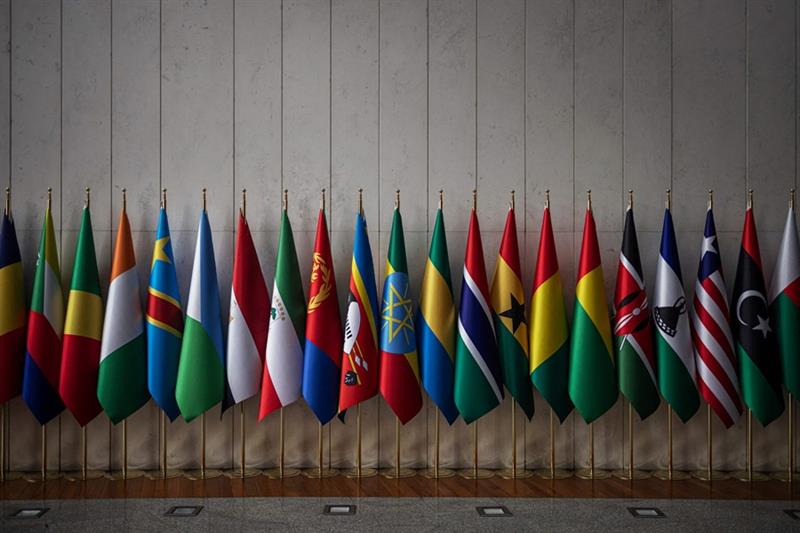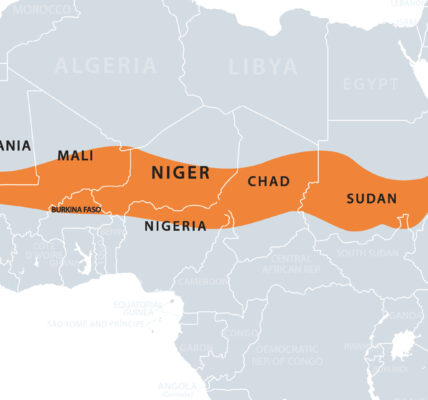African Union Voices Concern Over U.S. Tariffs, Calls for Economic Bridges
The African Union (AU) has expressed serious concern over the new tariffs imposed by the United States under President Donald Trump, which it claims “threaten decades of trade and cooperation” between the U.S. and African nations. The tariffs, which range as high as 50% for Lesotho, have sparked alarm among African leaders, who fear that the measures could hinder the progress of economic partnerships and trade relations.
Impact of the Tariffs on African Nations
The tariffs, announced by the U.S. government, are particularly damaging to several African countries, with the following nations facing substantial duties on their exports to the U.S.:
-
Lesotho: 50% tariff
-
Madagascar: 47% tariff
-
Mauritius: 40% tariff
-
Botswana: 37% tariff
-
Equatorial Guinea: 30% tariff
-
South Africa: 30% tariff
These new duties threaten to disrupt key industries, particularly in countries that rely heavily on trade with the United States, potentially undermining years of economic progress and collaboration.
The AU’s Response: Building Bridges, Not Barriers
Nuur Mohamud Sheekh, spokesperson for the AU Commission president, urged the U.S. to reconsider the tariffs, emphasizing the need for continued dialogue and trade. He called on the U.S. to take a more collaborative approach, asserting that the goal should be to “build bridges” between nations, not erect economic barriers.
Mahamoud Ali Youssouf, President of the AU Commission, echoed this sentiment, stressing the importance of fostering mutually beneficial partnerships. He underscored the need for cooperation between the U.S. and African countries, rather than allowing trade disputes to hinder the progress that has been made over the years.
AfCFTA: A Potential Solution for Africa’s Trade Future
The African Union also pointed to the African Continental Free Trade Area (AfCFTA), which officially launched in 2021, as a key element in Africa’s future economic strategy. The AfCFTA aims to create a single, duty-free trade zone across the continent, promoting deeper economic integration and reducing dependence on external markets.
However, despite the promising potential of AfCFTA, the trade zone still falls short of its full goal to unify Africa’s trade under one umbrella. Challenges remain in terms of implementation, infrastructure, and ensuring that all member states are able to fully participate.
Africa’s Trade with the United States: A Closer Look
In 2024, Africa’s total exports to the United States were valued at $39.5 billion, according to the U.S. Trade Representative. While the trade relationship is significant, it remains vulnerable to fluctuations in U.S. policy. As African nations continue to pursue diversification through initiatives like AfCFTA, the tariff impositions could potentially reshape the continent’s economic landscape and alter long-established trade dynamics with the U.S.
Conclusion: The Call for Reconsideration
The AU’s call for a re-evaluation of the tariffs highlights the delicate nature of global trade relationships and the potential consequences of protectionist policies. As African countries seek to strengthen their economic ties both internally and internationally, it remains to be seen how the U.S. will respond to these calls for a more cooperative and mutually advantageous relationship with Africa. The situation is evolving, but one thing is clear: the AU is committed to overcoming barriers and fostering trade partnerships that benefit both Africa and the U.S. in the long term.




